The Importance of Access Control System Maintenance
Access control systems are the backbone of modern security, safeguarding businesses, employees, and sensitive data. They regulate who can enter and exit specific areas, providing a seamless balance of convenience and protection. However, like any technology, these systems require consistent care to function optimally. To maintain access control system performance, regular maintenance is not just recommended—it’s critical. Over time, even the most sophisticated systems can experience wear and tear, from hardware issues like malfunctioning card readers to software bugs that disrupt operations. Neglecting access control system upkeep leaves businesses vulnerable to security breaches and can result in significant downtime, which affects both productivity and peace of mind.
A properly maintained access control system goes beyond offering security—it ensures the system’s longevity and compliance with necessary safety and regulatory standards. Regular access control maintenance helps pinpoint and resolve potential issues before they escalate, reducing the risk of expensive repairs or even full system replacements. Additionally, routine checks can optimize system performance, ensuring features like biometric scanners or mobile access integrations work flawlessly. By proactively addressing maintenance needs, businesses can maintain access control system functionality, protect their investment, and foster an environment where safety and efficiency work hand in hand.
Key Components to Monitor in Access Control System Upkeep
To ensure a secure and reliable access control system, regular monitoring of key hardware components is essential. Devices like card readers, biometric scanners, and electronic locks are at the heart of your system, managing the flow of authorized individuals while keeping unauthorized access at bay. Over time, these components can suffer from wear and tear due to daily use, environmental exposure, or unforeseen damage. For instance, card readers can become clogged with dirt or dust, leading to inconsistent functionality, while biometric scanners may lose precision as sensors degrade, causing delays or failed authentications. Electronic locks, subjected to frequent physical stress, can experience mechanical fatigue, resulting in slower locking mechanisms or complete failure. Addressing these issues proactively as part of your access control system upkeep ensures these vital elements remain in top condition, allowing you to maintain access control system efficiency and protect your property from security vulnerabilities.
Equally important is the upkeep of the software that powers your access control system. Databases containing user credentials and access permissions should be routinely audited to ensure accuracy and eliminate expired or unauthorized accounts. Neglecting these checks can lead to significant security risks, such as allowing former employees continued access to the premises or introducing errors in new account setups. Regular software updates are another critical aspect of access control maintenance, as outdated programs are susceptible to cybersecurity threats that could compromise sensitive data or disrupt system functionality. Updating the software not only addresses these risks but often enhances system performance with new features and improved integrations, such as real-time analytics and seamless connections with other business tools. By taking a holistic approach to maintenance that covers both hardware and software, businesses can ensure their access control systems remain efficient, secure, and adaptable to the ever-changing demands of modern security challenges.
For businesses looking to upgrade their security measures, British Engineers offers Commercial Access Control Systems Installation, providing tailored solutions to meet your property’s unique needs. By combining professional installation with consistent maintenance, you can ensure a reliable, secure, and efficient access control system that adapts to the evolving demands of your business.
Steps to Creating an Effective Access Control System Maintenance Plan
Creating a structured access control system maintenance plan is crucial for ensuring the long-term reliability and security of your system. Start by defining a checklist of essential tasks, such as cleaning key components like card readers and biometric scanners. Dust and grime buildup can hinder performance, so regular cleaning prevents malfunctions and ensures smooth operation. Next, inspect the wiring and connections to ensure that power supply and data transfer remain uninterrupted. Loose or damaged cables can lead to system downtime or security vulnerabilities, making this step a priority. Additionally, test your backup power systems to confirm that your access control system continues to function during power outages. These foundational steps are key to ensuring you maintain access control system effectiveness and minimize potential disruptions.
While routine maintenance is critical, scheduling regular professional inspections is equally important for comprehensive access control system upkeep. Trained technicians can identify issues that may go unnoticed during standard checks, such as hidden software vulnerabilities or hardware nearing the end of its lifecycle. Professionals can also verify that your system complies with current safety and security regulations, which is a crucial aspect of any access control system maintenance plan. By integrating expert evaluations into your maintenance routine, you can address problems proactively and keep your system running smoothly. A well-executed plan that balances routine upkeep with professional insights not only extends the lifespan of your access control system but also ensures peace of mind for businesses relying on secure, uninterrupted access management.
Troubleshooting Common Access Control System Issues
Access control systems are sophisticated tools, but like any technology, they can encounter issues over time. Common problems include card reader failures, where worn or dirty readers struggle to scan access cards correctly. To address this, ensure the card reader is clean and free from debris. Faulty door locks are another frequent issue, often caused by mechanical wear or misalignment. Regular lubrication and alignment checks are essential parts of access control maintenance to keep locks functioning smoothly. Software errors, such as outdated firmware or misconfigured user permissions, can also disrupt your system. Simple fixes, like rebooting the system or ensuring all software is updated, can resolve many of these minor issues. By keeping a close eye on these potential problems, you can maintain access control system functionality and reduce downtime.
For more complex issues, such as wiring faults or significant hardware malfunctions, it’s essential to know when to call a professional. Attempting DIY repairs without the proper expertise can exacerbate the problem, leading to costly damage or prolonged system outages. Certified technicians can handle intricate problems, such as diagnosing connectivity failures or replacing failing components, ensuring the system remains reliable. Regular professional inspections are a critical aspect of access control system upkeep, as they help identify potential vulnerabilities before they escalate. Knowing when to involve an expert ensures your efforts to maintain access control system reliability are both safe and effective, protecting your business from unnecessary risks.
Advanced Tips for Long-Term Access Control System Reliability
To ensure your access control system remains reliable for years to come, it’s essential to adopt advanced strategies that optimize its performance. Integrating cloud-based solutions can significantly enhance your system’s functionality, enabling remote monitoring and real-time updates. These solutions also streamline system management, allowing administrators to update user permissions and access logs from anywhere, which is particularly beneficial for multi-location businesses. Another key strategy is ensuring compatibility with smart devices, such as smartphones and tablets, which allows seamless operation and reduces the need for physical access cards. By embracing these innovations, you can maintain access control system efficiency and ensure it adapts to the evolving demands of modern security needs. Consistent access control system upkeep will help avoid unnecessary disruptions while maximizing the system’s potential.
Equally important is investing in staff training to minimize user errors that could compromise system reliability. Educating employees on the proper use of card readers, biometric scanners, and software interfaces helps prevent issues such as damaged access cards or accidental system misconfigurations. A well-informed team reduces the frequency of avoidable maintenance calls, ensuring smoother operations. Furthermore, implementing a robust access control system maintenance plan that includes regular software updates and security patches is critical. These updates address vulnerabilities and enhance system features, keeping your security measures up to date. Combined with access control maintenance for hardware components, these advanced practices not only bolster system longevity but also ensure your business remains secure and prepared to meet future challenges.
Why Professional Maintenance Services Are Essential
While routine checks can help address minor issues, professional maintenance services are key to ensuring your access control system operates at peak performance. Certified technicians offer detailed diagnostics that go beyond surface-level inspections, identifying underlying problems that might otherwise go unnoticed. They can also implement essential system upgrades, ensuring your technology stays current with the latest advancements and security protocols. From assessing hardware like card readers and locks to fine-tuning software integrations, professionals provide a level of expertise that is crucial to properly maintain access control system functionality. Moreover, professional services ensure that critical components like wiring, sensors, and backup power systems are thoroughly inspected and repaired, enhancing the overall reliability of your system. By leveraging expert access control maintenance, businesses can avoid costly disruptions and strengthen their security measures.
Partnering with certified experts not only enhances system performance but also ensures compliance with industry regulations and safety standards. Experienced technicians understand the unique needs of various industries and tailor their services to align with these requirements. This customized approach extends the life of your access control system, reducing the need for frequent replacements and saving on long-term costs. Engaging professional services also provides peace of mind, knowing that your system is maintained to the highest standards. With a structured access control system maintenance plan, businesses can focus on their core operations without worrying about unexpected security failures.
For expert commercial access control system repairs and servicing, trust British Engineers to keep your systems running smoothly. Contact us today for a personalized consultation and maintenance plan tailored to your business needs!


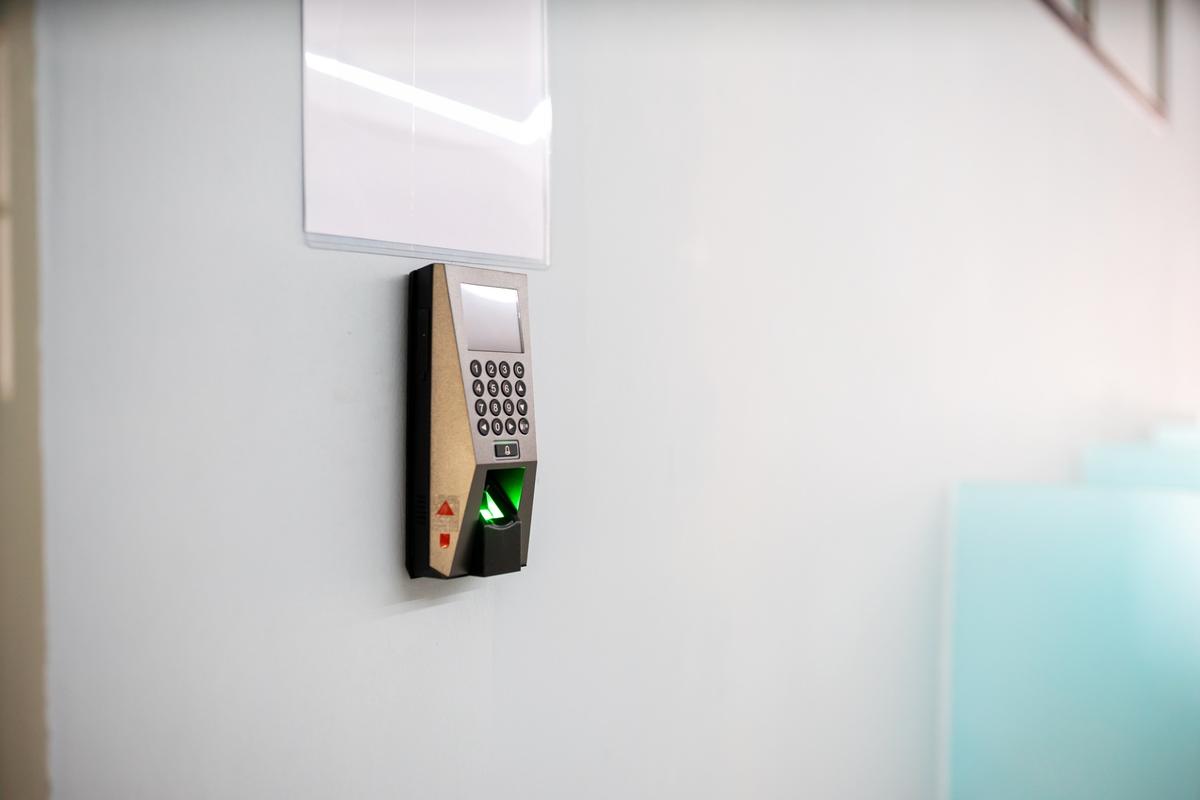
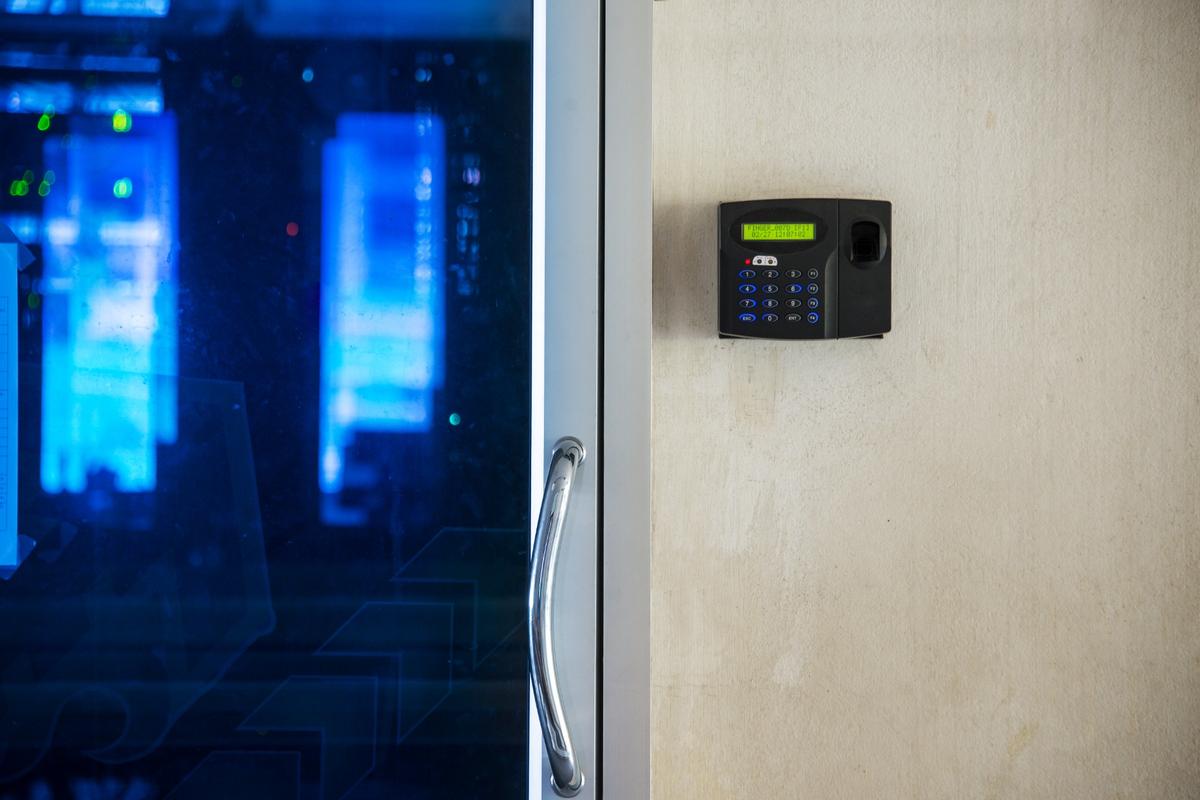
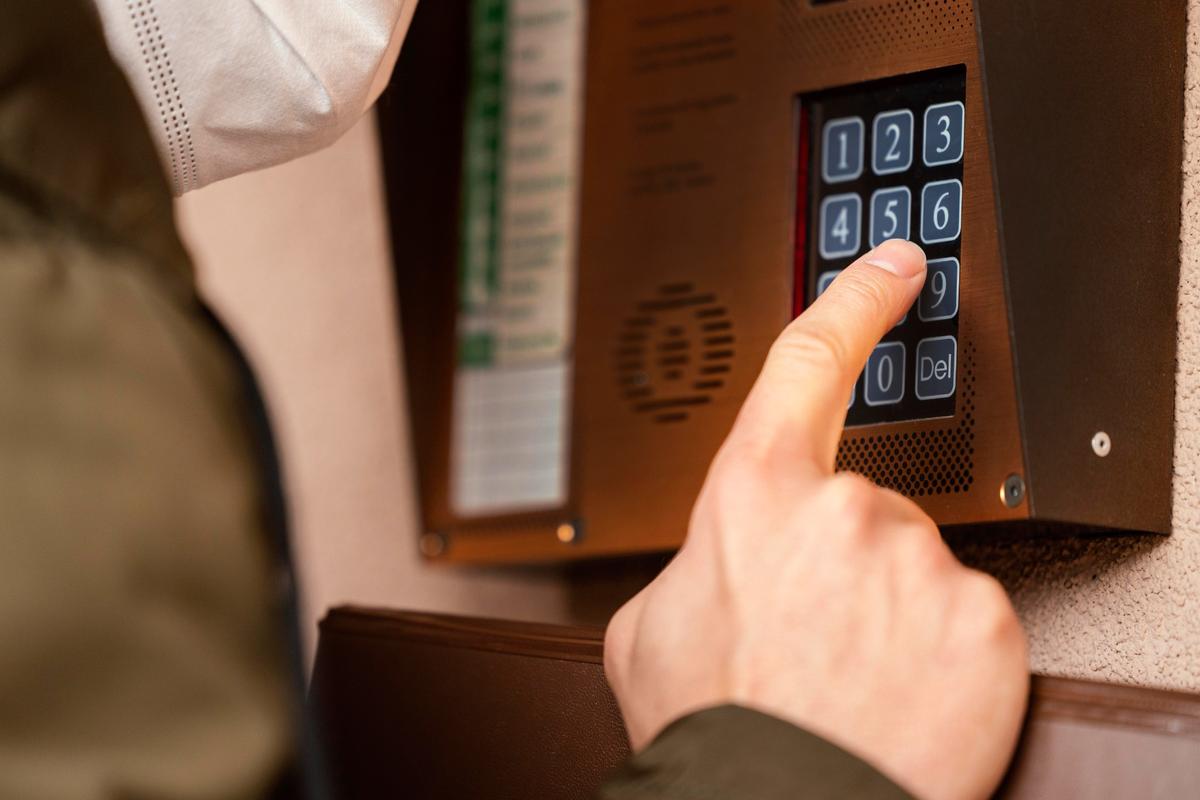
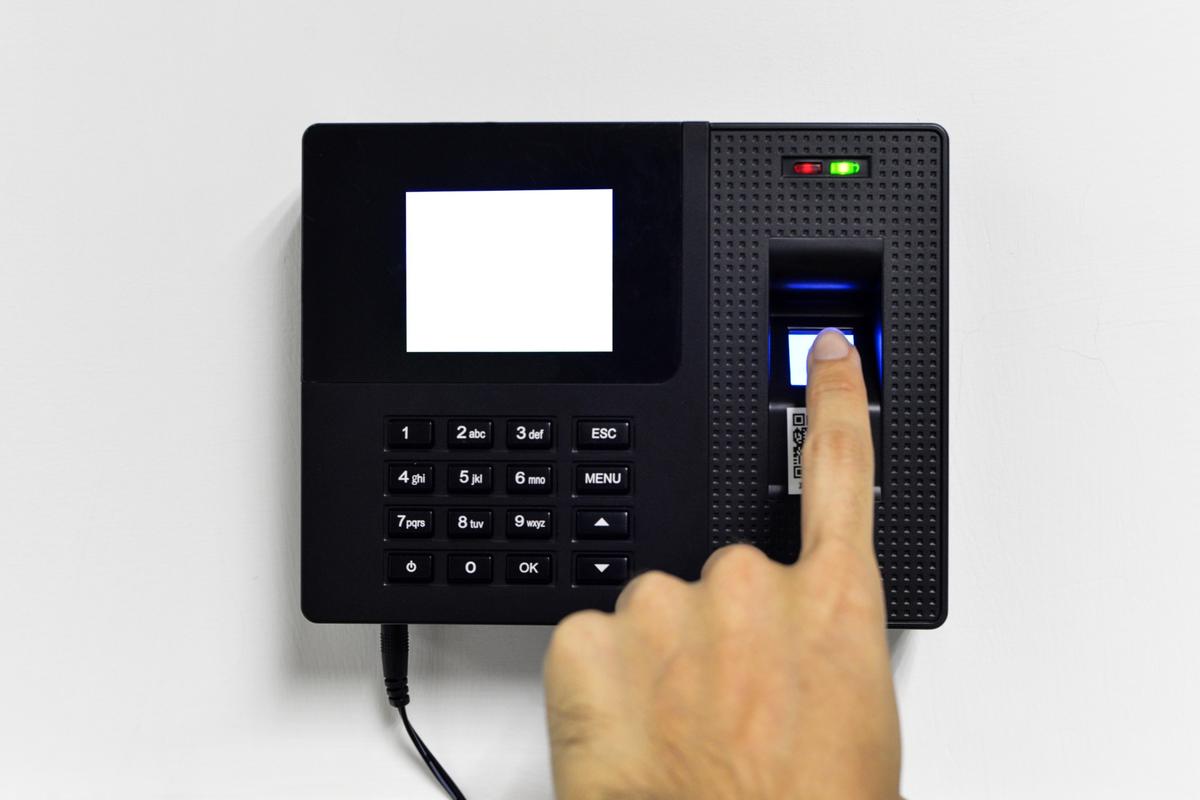
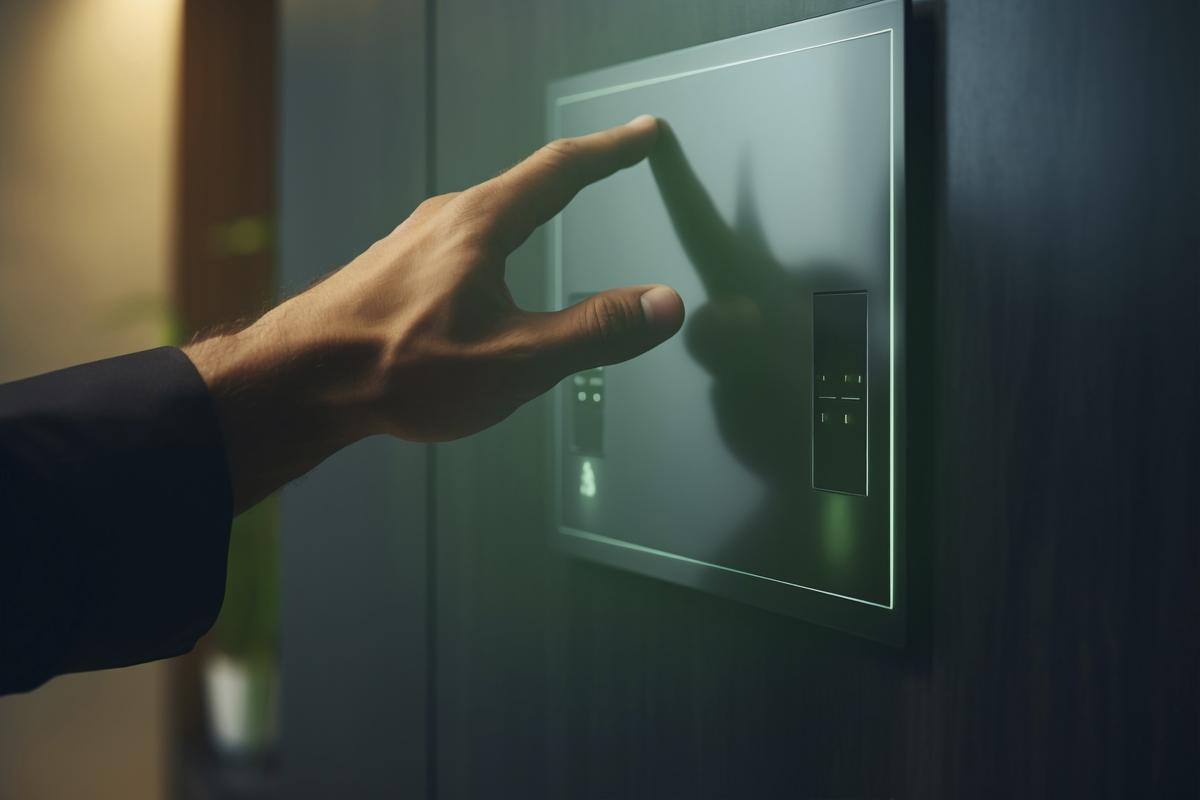
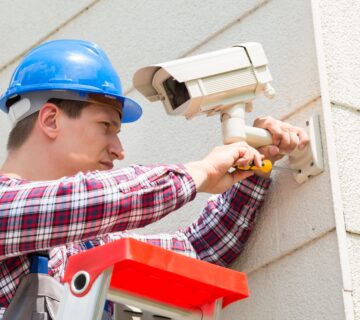
No comment